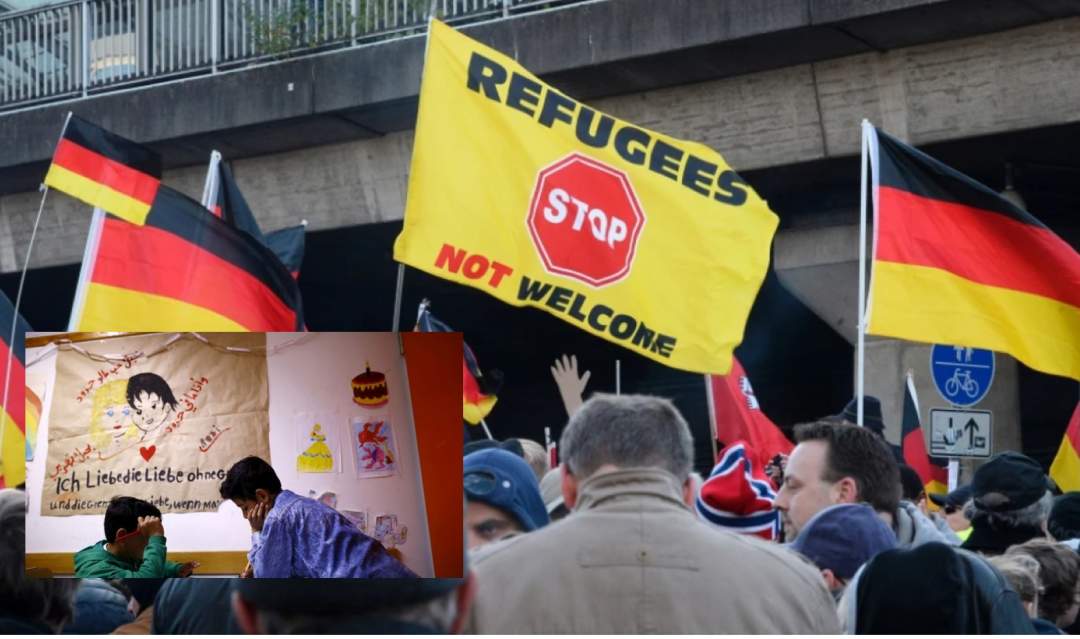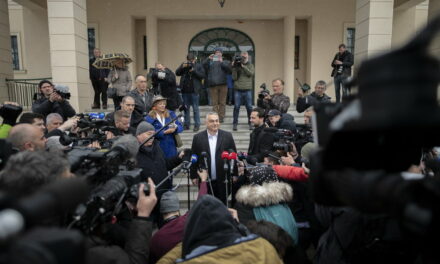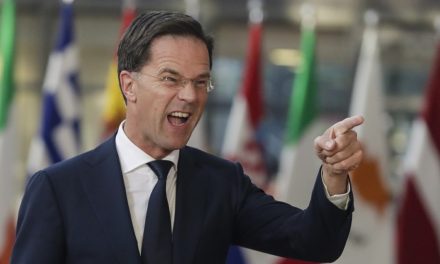The German Minister of the Interior has announced that controls will be temporarily extended to all of the country's borders in order to curb illegal migration and prevent the threat posed by Islamist extremists.
"We strengthen our national security with concrete measures and continue to take strict action against irregular migration"
Nancy Faeser said at a press conference on Monday.
According to the Ministry of the Interior, the European Union has also been notified of the six-month inspections starting on September 16 at the border with France, Luxembourg, the Netherlands, Belgium and Denmark. The controls are in addition to existing restrictions on the common border with Poland, the Czech Republic, Austria and Switzerland.
"Until we manage to establish a strong protection of the external borders of the European Union with the new Common European Asylum System, we will have to further strengthen controls at our own borders"
Faeser said. The Minister of the Interior reminded that
Since October 2023, Germany has turned more than 20,000 people back from its borders.
"The introduction of its control at the entire national border served to further limit illegal migration and protect against the dangers posed by Islamist terrorism and serious crimes. We will do everything we can to provide better protection for the people living in our country," said the minister.
In response to the expansion of German border control, Austrian Minister of the Interior Gerhard Karner stated:
Austria does not accept people who are turned back from the German border.
According to Karner, Germany has the right to return people who have started their asylum application in another country, but the official procedure also requires the consent of the member state involved in the application.
Let's recall that while Hungary tried to comply with the rules contained in the Schengen agreement and control migrants during the 2015 migrant invasion, Germany chose a different path. With the motto "Wir schaffen das!", that is, "It will work!", Angela Merkel sent a hefty letter of invitation to millions more trying to come to Europe. Of course, even then, Merkel's policy resonated well with the plans of those business circles that saw immigration as an opportunity.
MTI
Cover photo: Facebook/ma7













